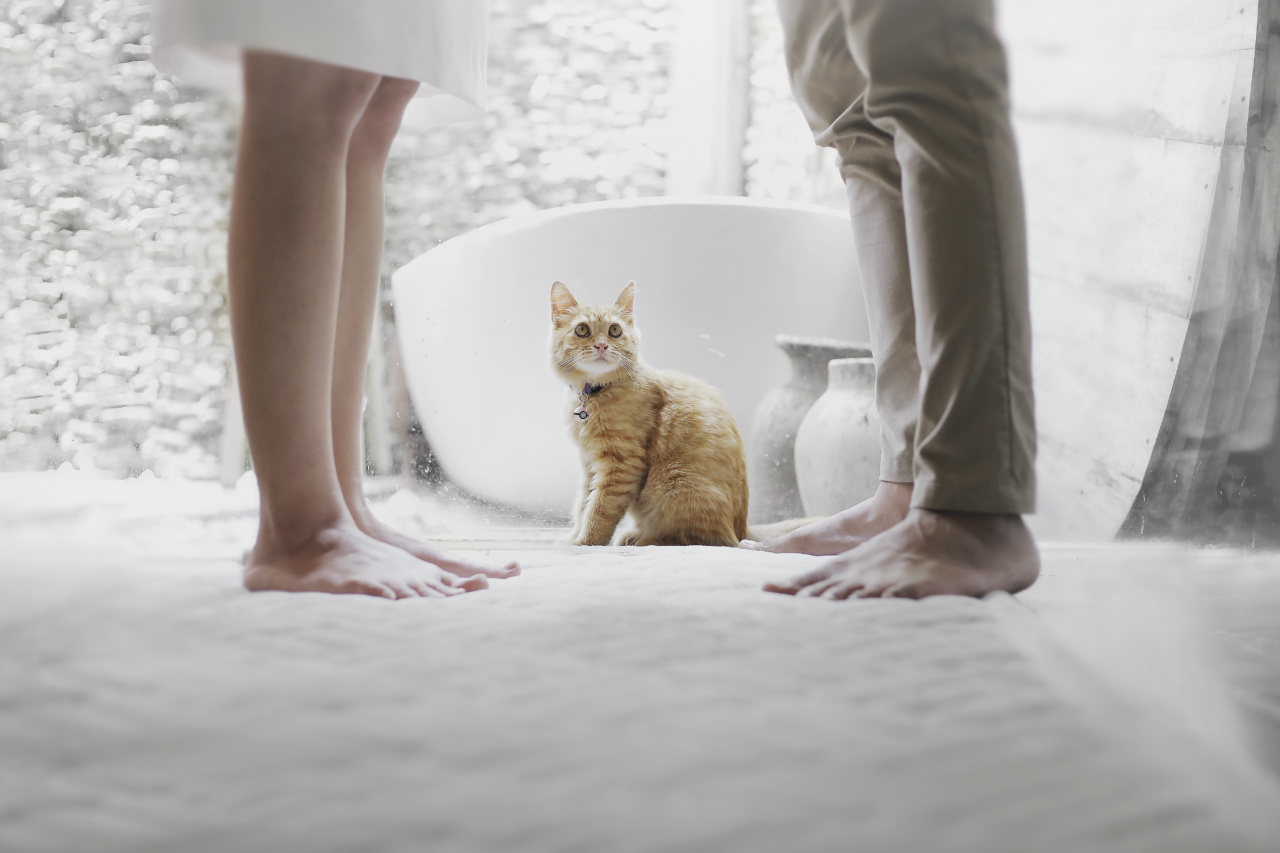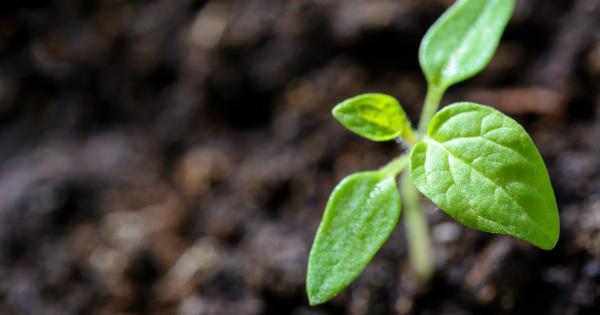Cats are known for their selective taste and picky eating habits, so it’s important to feed them a well-balanced and nutritious diet that meets their unique needs.
As your furry friend grows from a playful kitten to a mature adult, their dietary requirements will change over time. In this article, we’ll explore what to feed your cat at each stage of their life to ensure they stay healthy and happy for years to come.
Stage 1: Kittenhood (0 – 12 months)
During the first year of life, it’s important to provide your kitten with a diet that supports their rapid growth and development.
Kittens require more protein, fat, vitamins, and minerals than adult cats, as well as plenty of moisture to keep them hydrated.
Choose a high-quality kitten food that’s specifically formulated for growing cats.
Look for brands that contain 30 – 40% protein and 15 – 20% fat, as well as essential vitamins and minerals such as calcium, phosphorous, and vitamin D for strong bones and teeth. Wet cat food is also a great choice, as it provides extra moisture for optimal hydration and digestion. Avoid feeding your kitten a homemade or adult cat diet, as they require a specific balance of nutrients for optimal growth and development.
Stage 2: Adolescence (1 – 6 years)
Once your kitten reaches one year of age, they’re considered an adult cat, although they’re still in their prime of life. During this stage, it’s important to maintain a healthy diet to keep your cat energetic and active.
The right balance of protein, fat, fiber, vitamins, and minerals are essential to keep them happy and healthy.
Choose a high-quality adult cat food that’s specifically formulated for your cat’s breed, weight, and age. Look for foods with 20 – 30% protein and 10 – 15% fat, as well as high-quality fiber sources such as brown rice, oats, or barley.
Avoid low-quality foods with fillers, by-products, and artificial ingredients, as they can lead to obesity, digestive issues, and other health problems over time.
Stage 3: Senior Years (7 years and older)
As your cat ages into their senior years, their nutritional needs will change once again. Older cats may have a slower metabolism, less energy, and may require more digestive support to maintain good health.
Joint function and immune support are also important considerations to keep your cat feeling their best.
Choose a high-quality senior cat food that’s specifically formulated for aging cats. Look for foods with 20 – 25% protein and 10 – 15% fat, as well as added joint support ingredients such as glucosamine and chondroitin.
Antioxidants and other immune-boosting ingredients such as vitamin E, vitamin C, and beta-carotene can also help support your cat’s overall health. Wet food can also be a great choice for senior cats who may have difficulty chewing or digesting dry kibble.
Other Considerations
Along with choosing the right type of food for your cat at each stage of their life, there are some other key considerations to keep in mind when feeding your feline friend:.
- Portion Control: Be sure to measure out your cat’s food according to the manufacturer’s guidelines to prevent overfeeding and obesity.
- Water Intake: Cats need plenty of water to stay hydrated. Make sure your cat has access to clean, fresh water at all times, and consider feeding them wet food to provide extra moisture.
- Feeding Schedule: Divide your cat’s daily food intake into several small meals throughout the day to help maintain their energy levels and digestive health.
- Food Allergies and Sensitivities: Some cats may have food allergies or sensitivities to certain ingredients, so it’s important to monitor your cat for any signs of digestive upset or skin issues and work with your vet to identify and avoid problematic ingredients.
- Supplements: Depending on your cat’s needs, your vet may recommend adding supplements such as probiotics, omega-3 fatty acids, or vitamins to their diet to support their overall health.
The Bottom Line
Feeding your cat a well-balanced and nutritious diet is essential for their health and wellbeing at every stage of their life.
By choosing the right type of food for your cat’s age, breed, and weight, and paying attention to portion control, water intake, and other key considerations, you can help your feline friend live a healthy, happy life by your side.





























